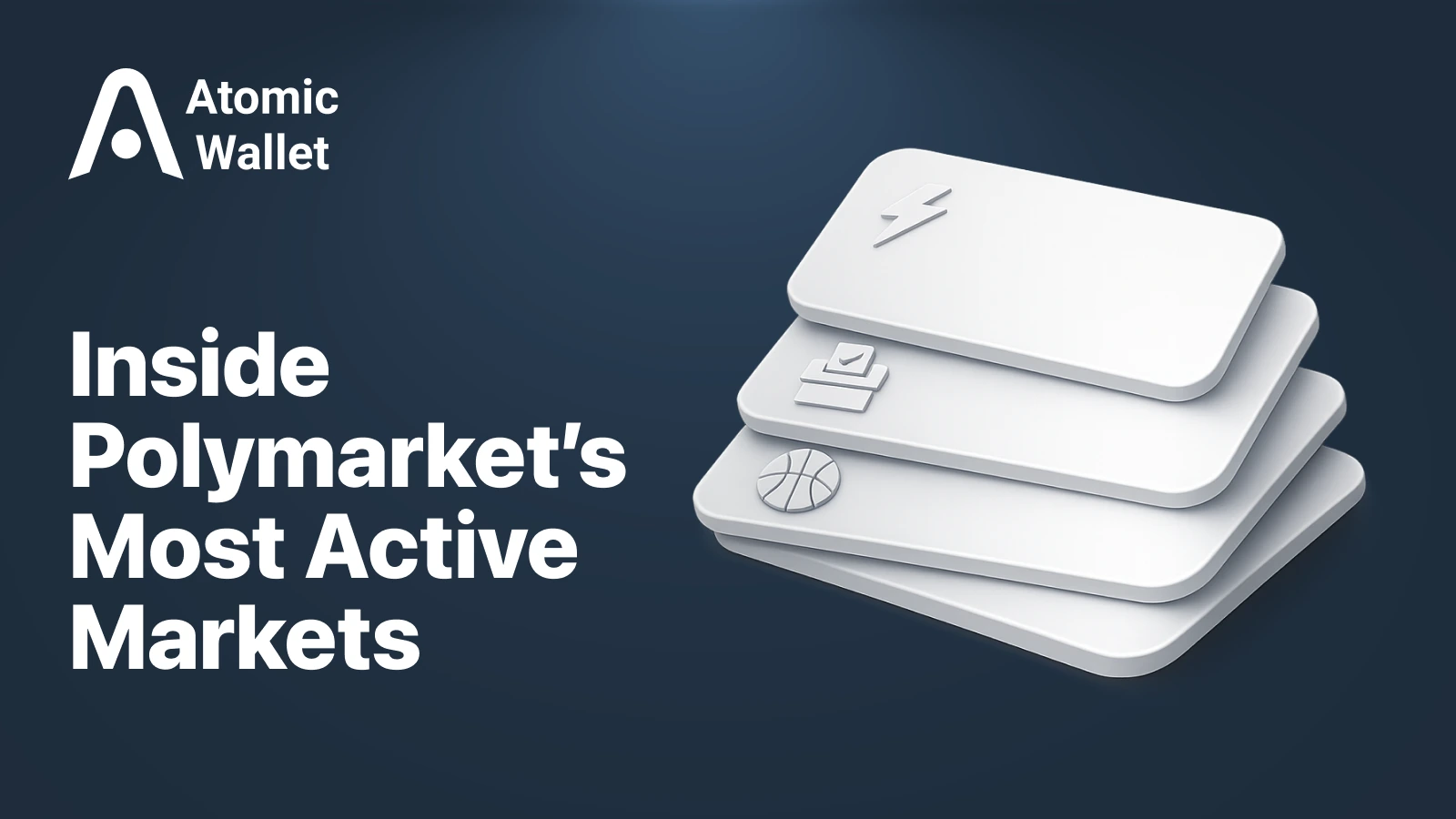Assets

Exchange

Buy Crypto

Products




A bit like an address out there in the physical or digital world, crypto address represents a single destination on the blockchain network acting as a medium of a transaction between a user and a sender. In short, an address is a single-use string of alphanumeric text forming a hashed versions of the private key, which designates cryptocurrency to a particular wallet on the blockchain network.
It’s important that unlike simple address in the real world, crypto addresses can only be used once. The ideology behind each transaction, where users generate a unique, single-use address to provide to senders, is entirely private and safe.
An address for cryptocurrencies like Bitcoin and Ethereum are well cooked and shaken up from random letters and numbers. For example, a Bitcoin address is usually produced of 26-35 alphanumeric characters that typically begins with the numbers 1, 3 and might look like “1a2b3cJKV31867aYv65csh921mFL42qpZ03” forming a string also known as hashed password, which is hard for humans to interpret, unlike any computer software.
Blockchain technology incorporates ‘trustlessness’ through a distributed network of computers that work toward a standard set of goals, thereby eliminating any need for intermediaries as third parties. To understand the concept of the address in the blockchain, it’s needed to mention the comparison between private and public blockchains.
On the one hand, a private blockchain is more centralized in nature since only a small group of participants control the network where confidential data like address could be prone to manipulation. On the other hand, the transaction on a public blockchain is completely open, transparent, and immutable (data like address can not be tampered with or altered in any way) such as in Atomic wallet. No doubts private blockchains can mess up with the security concerns with fewer nodes, so it is much easier for ‘bad actors’ to gain control of the network and endanger the entire network. A private network is much more vulnerable to risk-off hacks and data manipulation. The private blockchain is preferable to be built and maintained by business or a consortium of industry players, which includes maintaining a complex Identity and Access Management (IAM) System for the users. This often leads to centralization, which is also something we specifically try to avoid with the blockchain. To conclude, the address in the public blockchain network is much more secure and is highly confidential as it is completely open-source with no intermediary.

Explore the most active and profitable Polymarket categories in 2026. Learn how politics, sports, crypto, AI, and macro markets differ by liquidity, volatility, and risk — and why category choice matters as much as prediction.

Learn how sports betting with crypto works on Polymarket. See how prediction markets differ from sportsbooks, how to read odds as probabilities, explore top markets by volume, and understand the risks before trading.